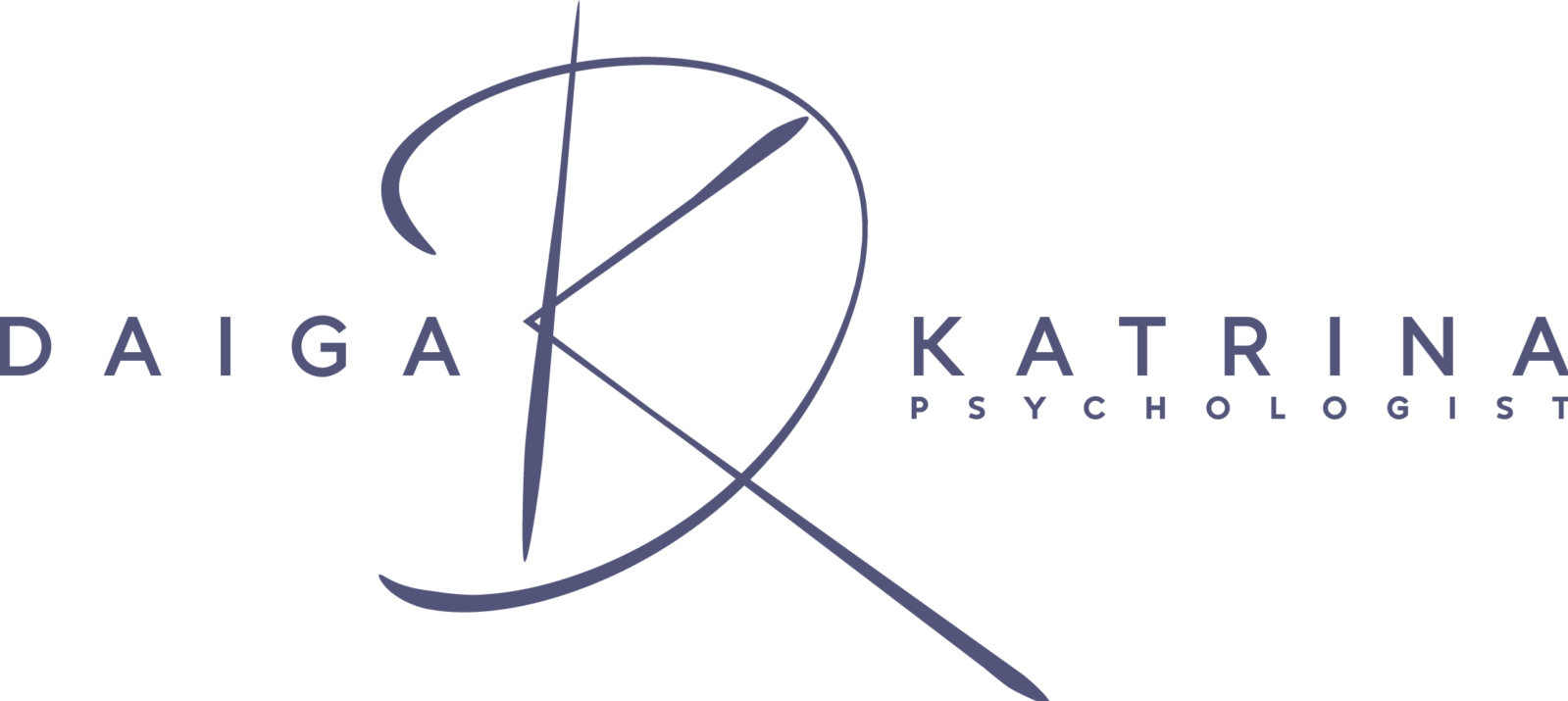For a deeper sense of self, meaningful relationships and a psychologically healthy and soulful spirituality.
-
Visit Our Place
91-6 Čaka Street, Riga
-
Tr. - Ce. 9:00 - 18:00
- Request a visit
How to distinguish between a professional and a non-professional: making promises and guarantees
The question of how to distinguish professional a helping professional from a non-professional - a skilled and competent coach, spiritual teacher, mentor, psychologist, therapist, etc. from someone who claims to be one, or who even has the right to call themselves one, but whose actions are more about material gain or self-validation than about being genuinely helpful.
As someone who represents the theme of self-development and spiritual growth, and who has previous professional experience in the field of communication and marketing, this question is particularly relevant to me. It is the field of spiritual growth (including inner healing and transformation) that seems to be the segment where the greatest grey area has now emerged, with professionals without the appropriate training and professional expertise to work with the human psyche.
At the same time, in my personal opinion, education and professional qualifications are not the determining factor. Yes, it matters - a lot. However, the fact that a person has spent a certain amount of time on the study bench and has passed all the paperwork does not prove his professionalism. And I really believe that it is possible to find quality professionals even in the 'grey area', which is not yet covered by legal and professional regulation.
So how to evaluate?
One of the things I am looking at more and more, and I encourage you to look at too, is whether a professional adheres to ethical standards which, regardless of their chosen profession, field of work or what name they call themselves, essentially apply to all professionals who advise others and share their knowledge in self-development and support programmes.
What to look out for when you see an inviting social media post and ad?
First, Article 3 of the Advertising Law states that:
3.1 The advertisement must be lawful, truthful and impartial, it must be designed in accordance with fair advertising practices.
3.2 Advertising shall be limited to statements or visual images that do not infringe Ethicshumanism, morality, virtue and decency.
Second, professionals in support areas work in accordance with their profession Ethical regulation. For the most part, the Codes of Conduct of all regulated helping professions are based on the same core documents (the UN Universal Declaration of Human Rights and the European Convention on Human Rights) - their principles are similar.
For example, the Code of Ethics for Psychologists states that:
9.1 The psychologist may professional and fair promote their professional activities.
9.5 Psychologist refrain from promises and guarantees the result of their professional activity.
At the same time...
We are currently in a market situation where advertising that reflects the customer's potential benefit, outcome, personal gain, solution to a problem from the service received is more effective.
This combination creates an interesting ethical dilemma...
On the one hand, helping professionals should refrain from making promises and guarantees (for the good reasons set out below). At the same time, the market situation requires them to some extent if the professional is to sell his/her service at all (this is particularly true for young professionals whose independent client base and authority are not yet established).
...and I think that the increasing dominance of grey-area professionals in advertising, who are not subject to legal and professional regulation, is only exacerbating the situation. Promises and guaranteed results are increasingly becoming the norm in the public eye, with the result that people's understanding of what it means to work with a helping professional is being massively distorted.
Why should the helping professions refrain from promises and guarantees?
The following is my personal view and understanding of the topic (I assume that colleagues would have something to add).
Firstly, no aid worker knows in advance, or can know, the life situation of the person who comes to their office, attends a group or workshop, or buys a training or change programme they have designed. Each person's psyche, personal biography and the set of circumstances that influence their ability to get to a desired outcome are absolutely unique and unrepeatable. Two people in the same life situation have different paths - one to forgive, the other to be angry with the offender. Therefore, the practitioner does not and cannot know in advance what is appropriate for the person to initiate change - sometimes this is revealed in the work process (not always).
Secondly, no helping professional knows in advance how or whether a person will take what they say, how much and what they will understand from it, what they will be able to implement in their daily life and whether they are even able to take the solution back and integrate it into their reality. People have different levels of perception. Each of us layers new information on top of previous knowledge and understanding of things - integrating it with an existing understanding of the world and its order. Thus, whatever a specialist promises and guarantees, it is impossible to predict whether the promise and guarantee will be valid in the case of a particular person.
Thirdly, no helping professional knows in advance, or can know in advance, how a particular practice, method, technique or intervention will affect a client. This also depends on the internal structure of the particular client. For example, a simple guided visualisation or body scan or simply any meditative technique will, in one case, put a person in a relaxed state and calm their nervous system, in another case it will bring out anxiety, in a third case the person will enter an altered state of consciousness that will shake and initiate changes at the core of their being, in a fourth case the person will lie on a yoga mat and think "what is this rubbish they are making me do here?"
Fourth, no helping professional knows in advance, or can know, whether a person will practise the techniques (if any) or even use the knowledge (if any) that he or she shares.
Fifth, no client's path to a solution is linear - from problem to solution (A to Z). Most often it involves ups and downs, periods of getting better and periods of seemingly getting worse (from A to F, to M, to G, to B, back to A, C, L and Z only if the process has not led to the conclusion that Z is no longer relevant at all). This is life, and it also applies to working with a specialist.
Sixthly (and this should, in my opinion, be a "first"), more often than not, the outcome does not depend on methods, techniques, practices, knowledge and other interventions, but on the collaboration itself - on the relationship that develops between the client and the professional.
In summary, the ethical principle of refraining from making promises and guarantees is more than basic, because the result is determined not only by the professionalism of the professional or the method used, but also by the professional-client relationship at its core, the life course of the individual, perception, motivation, willingness to take responsibility for one's life and a whole range of internal processes that are not and cannot be known to the professional when the advertisement is distributed.
Any specialist in the helping field is just a companion. A support person on the way, not someone who is guaranteed to do the job for the client.
How to address, how to assess and where is the middle ground?
... but I think we are in a market situation where promises and guarantees are demanded. Otherwise, we may remain unheard and stifled in the shadows of the grey area.
Therefore, I offer my perspective on knot-tying (both for professionals who still want to advertise their services, and for buyers of services in consultancy fields).
Firstly, it is really impossible to guarantee the result. So this is one of the evaluation criteria to pay attention to when creating and reading advertising texts - whether the specialist guarantees the result or not.
Secondly, I think that a specialist can express realistic promises in good faith - promising not results, but expressing the probability. It is possible to reflect the problem and point to the feasibility of solving it. We can promise possibility to raise awareness, to be supported, to discuss, to develop, to find out, to learn, to master (especially when designing services that simultaneously target a wider range of people - self-development programmes, training, etc.). Therefore, a second evaluation criterion to look for when creating and reading advertising texts is whether the promises made are realistic and honest.
What could this look like in practice? (these sentences are real examples from public social media posts)
| Guarantees / Unrealistic promises | More appropriate wording |
| "By joining this programme you will transform your limitations into strength!" | "By joining this programme, you will be able to move along your transformation path!" |
| "This event will give you new insights!" | "This event can bring new insights!" |
| "This event will inspire you!" | "This event can be an inspiration!" |
| "After this workshop, you will be more cheerful and you will increase this energy in your life and in the lives of those around you!" | I have no idea how to rephrase - I just wanted to show this sentence as an example of unethical practice. 🙂 |
| "With this method you will solve your traumas!" | "The method is suitable for working with trauma." |
| "Experience inner healing through such andsuch as method!" | "The method can be used to enhance inner healing processes." |
| "Wearing this crystal will free you from depression!" | "There are stories that wearing this crystal has a positive effect on well-being." |
| "Discover and radiate the real you to create fun relationships, inspiring careers and financial wealth!" | I have no idea how to rephrase - I just wanted to show this sentence as an example of unethical practice. 🙂 |
| "After this seminar you will be able to discipline yourself and increase your inner strength, which will give you faith and confidence in yourself!" | "In this workshop you will have the opportunity to learn skills to discipline yourself more and increase your inner strength, which in the long term can contribute to developing more faith and confidence in yourself." |
Personal self-reflection for closure
I have noticed that a large number of professionals see this market situation but do not engage in it, adopting the attitudes of "every professional comes to the right people" and "I am not interested in working with the public who respond to such advertising texts anyway".
I completely understand this attitude, and it is true that a professional can secure a clientele even with all the things that dominate the advertising space. There are people who are looking for quality and they find it. The right clientele can be achieved.
What worries me is the broader context - I want to counter-pressure. I care about how public opinion is shaped. I want to live in an educated and informed society, because only in such a society am I interested on a personal level.
Yes, I could also work in peace in my psychologist's office, see individual and group clients and not worry about the rest. It is work that gives me satisfaction and in which I see value. At the same time, I also want to earn money, and I see that the world now offers opportunities for helping professionals that were not there before. So why shouldn't I take advantage of them if I have the competences and skills (both in psychology and marketing) to do so? So my current position is to find the middle ground between ethics and market demand. Yes, the footbridge is slippery - I notice. How it will work out - I don't know. There will be people who disagree with me and point out my incompetence and lack of ethics. I am counting on that.
To conclude, turning back to the primary issue of opinion formation, I see a major problem in the current market situation that really worries me, and I very much agree with the thought expressed by Albert Einstein a long time ago: 'This world will not be destroyed by those who do evil, but by those who observe it without doing anything'.

This free content is produced in my spare time without pay. If you see value in what I do, I'd be happy to make you a coffee! It's like a spur to create new content! 🙂
Search
Topics
Recent publications
- Why workplace spirituality is the key to organisational flourishing

- How to find the meaning of life?

- Common misconceptions about what contributes to a sense of meaning in life

- Why is a clear identity and sense of self a prerequisite for a psychologically healthy spirituality?

- What does it mean to become an adult? - The five levels of consciousness described by Robert Kegan

The content of this website may only be quoted, reproduced, republished and otherwise distributed in accordance with applicable copyright laws. For commercial use of the content, please contact and obtain permission.







